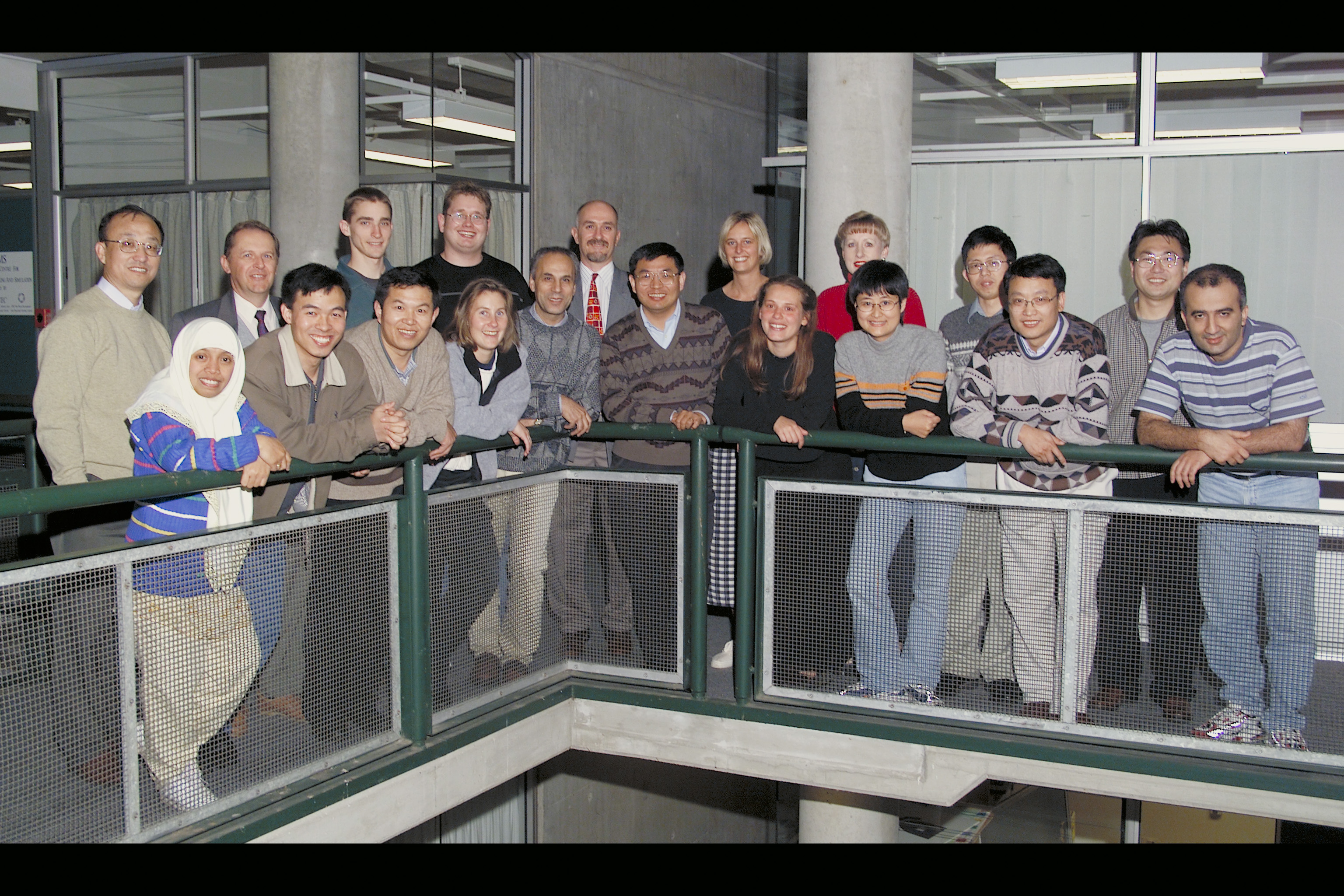I was a lecturer for many years. However, I didn’t think of it as lecturing, but more as ‘facilitated learning’. I didn’t want to deliver hour-long presentations, and I was pretty sure my students didn’t wish to endure them!
Instead, my approach was ‘intermittent lecture and tutorial’. I alternated between presenting information, and then pausing for group reflection and questions, so I could identify what my students had comprehended, and what they were struggling with, before I moved onto the next concept. Discussions during these brief ‘tutorials’ in the classroom were far more useful than my lectures, because they were interactive, dynamic, and kept the feedback loop going to facilitate effective understanding of the subject.
It is also critical to identify the needs and facilitate the learning of different groups of students, in a tailored manner as much as possible. My personal belief is that learning and teaching should be more interactive, stimulating and fun, both in and out of the classroom. This is how we get the best learning outcomes for our students.
Once, while teaching a thermodynamics course, I asked if anyone in the class had seen or tasted deep-fried ice cream. A few hands went up. I then asked if they had considered what the science might be behind deep-frying ice cream? Logically, it certainly doesn’t seem possible, and yet we accept that somehow it is! All the students stared at me, puzzled, so I explained the process in terms of thermodynamics and heat transfer. You could have heard a pin drop. After 10 minutes of this discussion, the light bulb moment hit for everyone, which was such a joy for me as teacher. The lesson here may be to strive for practical examples that everyone can relate to – or, it may be to make sure to work ice cream into every lecture…. I can’t be certain….but, whether teacher or student, we have all experienced the power of that moment when have truly comprehended and engaged with an abstract concept on a personal level. Nothing compares!

With my students and post-docs, 2002
Therefore, thinking outside of the educational box is vital, especially in the digital era. Students, for their part, want to learn in a flexible, facilitated way in order to grasp the most difficult concepts with the minimum struggle. The most effective learning is interesting and engaging. In such a way, knowledge is more contextualised and relevant, which arouses more interest for enquiry.
For example, in some medical and veterinary schools the case studies are now presented first, rather than as supplementary to the lectures. The learning derives from the discussion and questions that the cases have generated. This is more practice-based or problem-based learning, which requires far more active thinking by the students, rather than passive receiving. The concept of a ‘flipped’ classroom – developed in the US – is similar: students learn course material by themselves in advance, and then come to class to experiment, discuss, think and problem-solve, in a facilitated workshop setting.
The scope, mode and quality of the education delivery in modern universities must change to meet the needs and expectations of our students, who are both fee-pay customers and education partners. This requires strong leadership, staff development and culture change on the one hand, and priority investment in the conducive infrastructure and environment on the other. Both are challenges that our university community is willing to take on.
If we address all these points as fundamentals, and do better in all aspects that will help students learn and develop for a great career ahead, then outcomes like performance tables, measures and rankings will reflect this.
We will only fulfil our mission if we produce future generations of professionals and leaders, well equipped with knowledge, skills and confidence to help shape a better future for the world.
I thank all our students for your partnership and cooperation and all our staff, regardless of your roles, for your continuing dedication and contribution to making the University a truly vibrant and exceptional place for higher learning.
